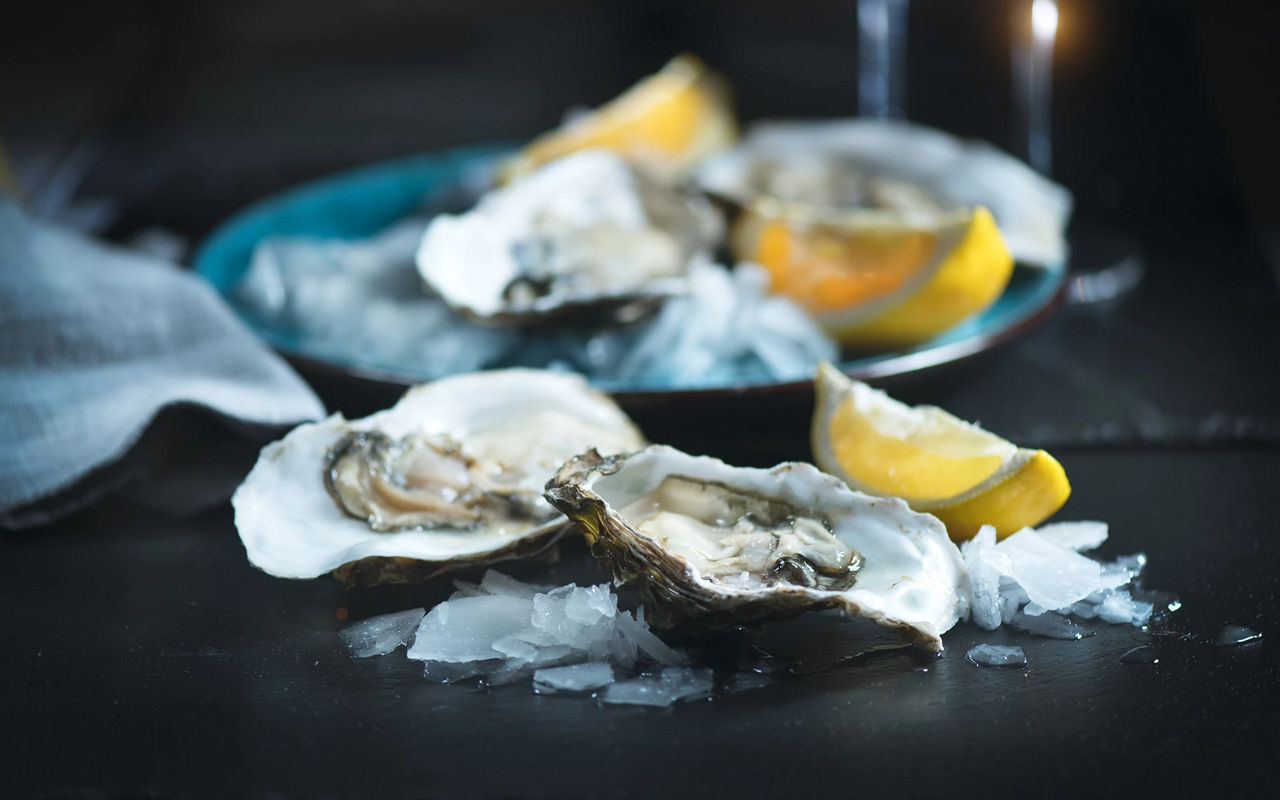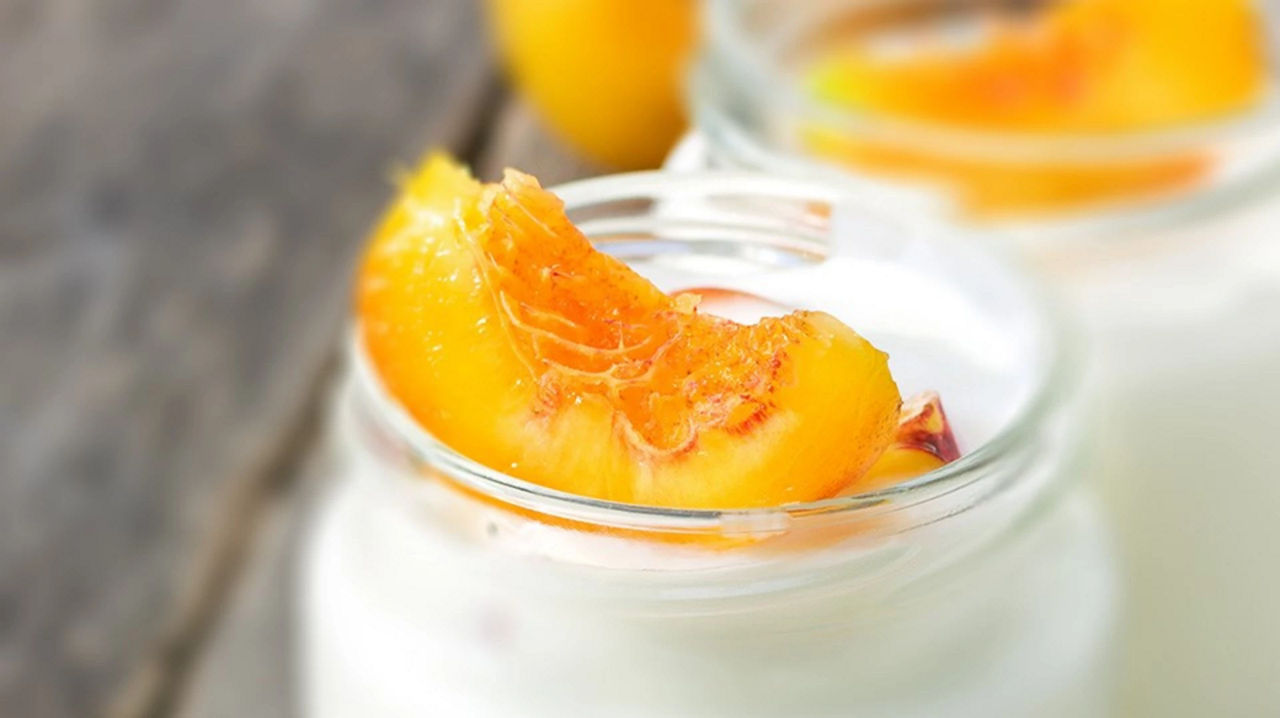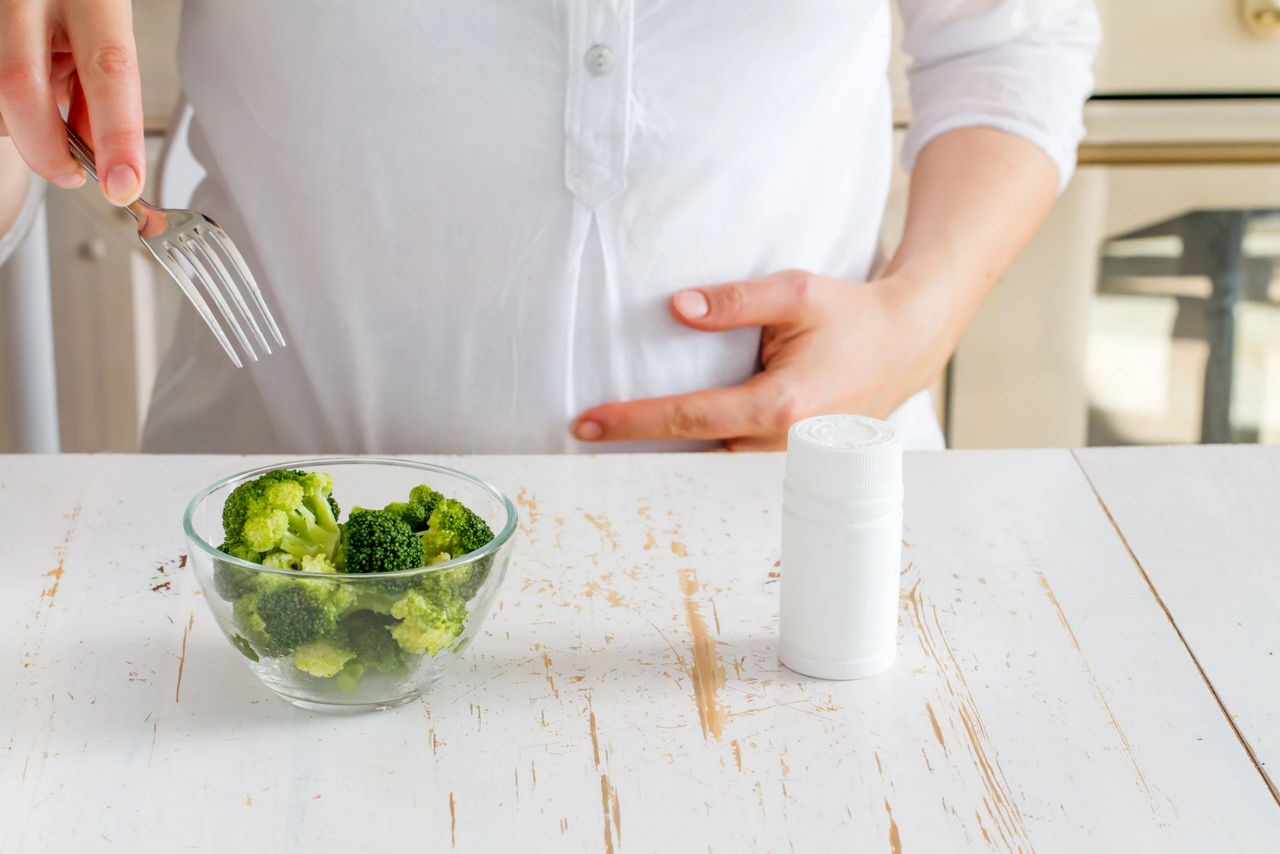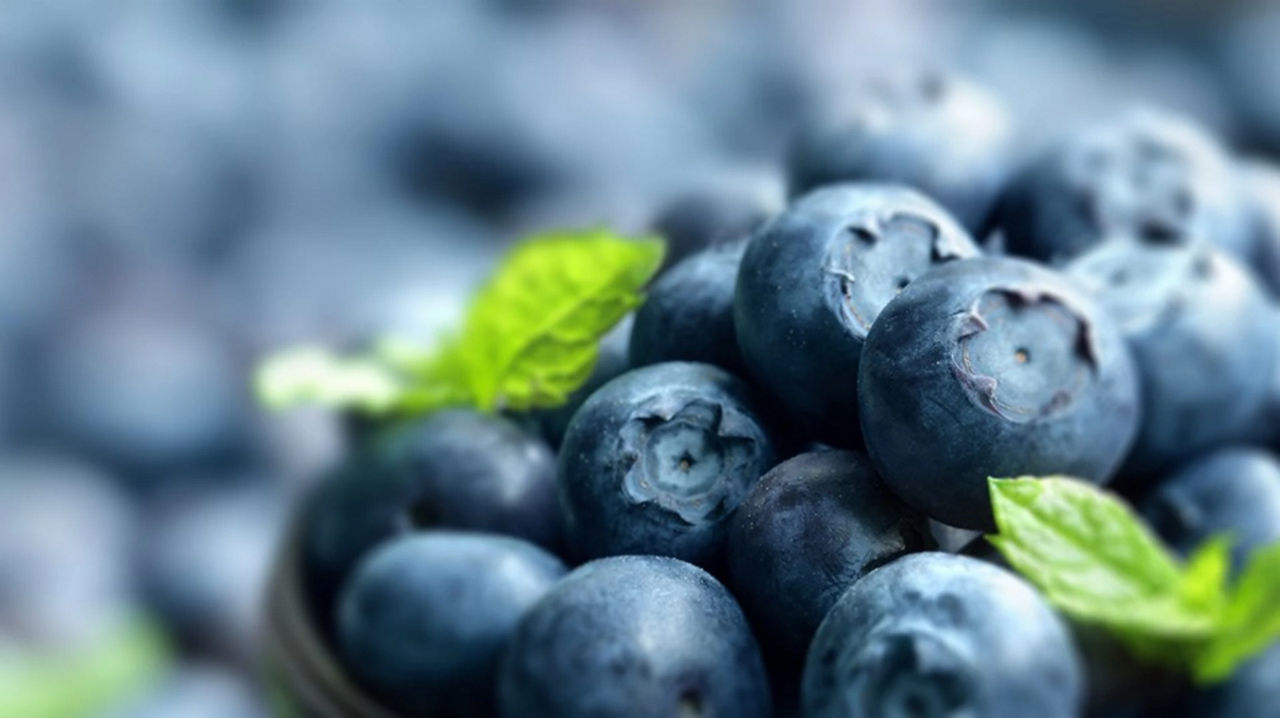Unfortunately, some of your favourite foods may be off the menu during your pregnancy as they can carry toxins or increase the risk of food poisoning. Find out which foods you should avoid as well as foods and drinks to be mindful of during your pregnancy.
Foods to avoid when pregnant

What not to eat when you’re pregnant
Knowing which foods to avoid when you’re pregnant is just as important as getting the right balance of nutrients. Certain foods can carry an increased risk of food poisoning, while others contain toxins that are best avoided.
Foods to avoid when you’re pregnant
As well as being unpleasant for you, food poisoning can put your baby’s health at risk1. For this reason, it’s important to pay close attention to your diet when you're pregnant, taking extra care with food preparation and avoiding foods associated with the risk of listeriosis – a type of food poisoning2.
Listeriosis is caused by listeria monocytogenes, a bacterium found naturally in the environment, and present in soil and water2. It can be found on products that may have been exposed to soil or water, from animals carrying the bacteria like meat and dairy products, as well as in processed foods like soft cheeses and cold cured cuts of meat2.
The following foods should be avoided during pregnancy1:
- Rare or undercooked meat – meat should be piping hot and well cooked through because of the potential risk of toxoplasmosis1. Find out more about eating meat during pregnancy.
- Raw shellfish such as oysters3 – Find out more about eating shellfish during pregnancy.
- Cured meat - like salami, chorizo, pepperoni or Parma ham, unless they’ve been cooked. Find out more about eating cured meat during pregnancy.
- Unpasteurised milk, yoghurt or cheese – including Brie, Camembert or veined blue cheeses. Find out more about eating dairy and cheese during pregnancy.
- Swordfish, marlin and shark – these contain mercury which, if consumed in high levels, can damage your baby’s developing nervous system3. Tuna also contains mercury, so limit your intake to four 140g (drained weight) cans or two fresh steaks (up to 170g each, raw weight) per week3. Read more about eating fish during pregnancy.
- Liver and liver products like pâté – these contain vitamin A, which may harm your baby if consumed in excessive amounts1. Read more about vitamin A in pregnancy.
Other foods and drinks to be mindful of
Are peanuts safe to eat when you’re pregnant?
Unless you have a peanut allergy or a health professional specifically advises you against them, peanuts and foods containing them are now considered safe to eat during pregnancy and while breastfeeding1. After a review of scientific studies, there is no clear evidence to suggest a link between a mother eating peanuts and her child developing a peanut allergy1.
Food hygiene tips
Safe preparation of food is vital to prevent food related illnesses during pregnancy. Best practice is to always wash your hands before and after preparing food, and to clean fruit and vegetables thoroughly. Always ensure that any ready meals, reheated food or restaurant dishes are piping hot all the way through before you eat them, too1.
Related Topics
related articles
Read more

Need some help?
You can get quick answers to common questions in our FAQs.
Alternatively, if you need help with general pregnancy or baby advice, or maybe on using or ordering our products - our expert team are always on hand to talk about feeding your baby.
- NHS. Foods to avoid during pregnancy [Online]. 2017. Available at: www.nhs.uk/chq/Pages/917.aspx?CategoryID=54 [Accessed February 2020]
- NHS. Listeriosis [Online]. 2017. Available at: www.nhs.uk/conditions/listeriosis/ [Accessed February 2020]
- NHS. Fish and shellfish [Online]. 2018. Available at: www.nhs.uk/live-well/eat-well/fish-and-shellfish-nutrition/ [Accessed February 2020]
- NHS. Drinking alcohol while pregnant [Online]. 2020. Available at: www.nhs.uk/conditions/pregnancy-and-baby/alcohol-medicines-drugs-pregnant/ [Accessed February 2020]
- NHS. Fat – the facts [Online]. 2017. Available at: www.nhs.uk/Livewell/Goodfood/Pages/Fat.aspx [Accessed February 2020]
- British Nutrition Information. Fats Explained [Online]. 2017. Available at: www.nutrition.org.uk/healthyliving/helpingyoueatwell/fats.html?limit=1&start=2 [Accessed February 2020]
- NHS. Trans-fat [Online]. 2008. Available at: www.nhs.uk/news/food-and-diet/trans-fats/ [Accessed February 2020]
Last reviewed: 28th July 2020
Reviewed by Nutricia’s Medical and Scientific Affairs Team



